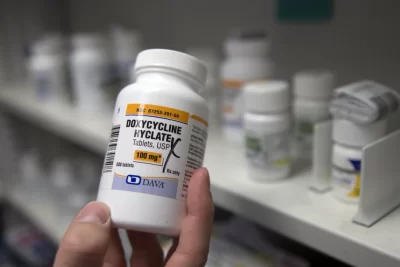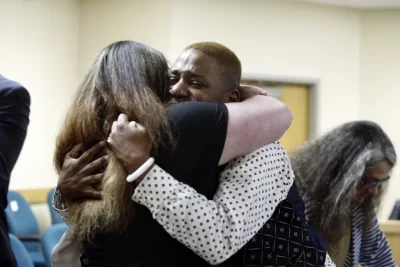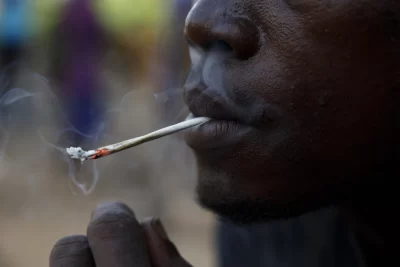
Winter is here, inflicting its usual array of symptoms — coughs, nasal congestion, fatigue and fever — and, this year, a new COVID-19 variant is dominating the scoreboard.
COVID-19 is leading hospital admissions among the respiratory viruses, according to the U.S. Centers for Disease Control and Prevention.
Last week, 25 U.S. states had high or very high levels for respiratory illnesses with fever, cough and other symptoms. That’s down from 37 states the week before, the CDC said.
January can be the worst month for these illnesses. With vaccination rates low, what can you do to protect yourself from respiratory viruses, including influenza, COVID-19 and RSV?
BACK TO BASICS
Use hand sanitizer with 60% alcohol when you don’t have access to soap and water.
NOT TOO LATE TO VACCINATE
In the United States, only 17% of those eligible have received the updated COVID-19 vaccine, which provides good protection against the now-dominant JN.1 variant.
WHEN YOU HAVE CHILDREN AT HOME
Young children seem to pick up every germ going around. Can their parents avoid getting sick?
This time of year, children are indoors in close quarters with other kids, touching the same toys and surfaces, said Jennifer Sonney of University of Washington School of Nursing in Seattle. Some haven’t learned to cover their coughs and they simply haven’t been exposed to many illnesses, so their immune systems are still developing.
It’s important to take care of yourself if you’re a parent or caregiver of young children, said Sonney who is immediate past president of the National Association of Pediatric Nurse Practitioners.
Having young children is very demanding, “so all of this advice needs to be interpreted within the context of reality,” she said. “Despite doing everything right, kids are still going to get colds.”
A special note if your baby is sick: It’s a good idea to have saline drops and a bulb syringe at home. They can be used to clear mucus from tiny nostrils.
“A couple drops of saline into one nostril and suction it and then do the other side,” Sonney said. “Doing that before eating and sleep is going to help a lot.”
A home kit for children could also include acetaminophen or ibuprofen for fevers, tissues for runny noses and water bottles of sippy cups for staying hydrated.
If you do get sick, prompt testing can help determine whether you have COVID-19 or influenza. That’s important to see if you need one of the medicines that can help prevent severe illness: Paxlovid for COVID-19 and Tamiflu for flu.
If you don’t have a test kit at home, look for a test-to-treat site at a pharmacy clinic or health center near your. There is also a free home-based test-to-treat program for adults who are uninsured or rely on government health insurance.







